|
Let's get straight into this one. I am often asked about my opinion of being a mobile service compared against being a unit based one. For those who are only just tuning into the blog or Detailed By Andrew social media, or are even just relatively new customers, I wouldn't blame you for thinking of me as "Andy that turns up in the van". It may be a new story for some, or a tale repeated just like Groundhog Day to others: I was unit based from September 2012 right up to my last appointment at Building 53a at Pensnett Trading Estate in June 2014, with a refurbishment notice period lasting until the final relinquish of the keys in the following September. The story I am about to write about probably isn't going to have much in the way of structure in a literature sense, so I don't expect any newspapers to be knocking my door to offer me an editorial column any time soon. So, where do we start? Unit? Or mobile? Do I delve into the benefits and pitfalls of each for the customer, or the professional, first? I'll go with unit firstly, because this is primarily what most Valeters and Detailers set their goals to achieve working from one day. Being unit based has many advantageous merits, the most obvious being that you are, in theory, weather proof at all times, and you are not bound to the elastic band effect of our country's sunrise and sunset times throughout the year. Being unit based offers many working environment benefits that lend well to carrying out full paintwork corrections, ceramic coatings, and other intricate areas of the trade. I cast my mind back to the halcyon days of my unit based era, and look fondly on being able to walk into the cafe two doors down to get a jacket potato with butter, cheese and beans down my gullet in the morning before cracking on with the day. There was next to no setting up, as I filled my buckets up the night before; it was just a case of waiting for the customer to turn up. But what if the customer never turns up? People sometimes wear rose tinted glasses seeing that being unit based means everything goes like clockwork and you experience no tediums. If it rained, or was forecast to rain, customers would cancel their detailing work in the abject mindset that getting a bit of rain of the car during the drive home rendered my restorational cleaning and polishing a waste of time. Perhaps it slipped their mind that if it didn't rain today, it was still probably going to rain tomorrow. I allow for prestigious special cars that do not ever get wet, but a runaround has no excuse. Sometimes it's not even the rain, I experienced far higher number of time wasters when being unit based, who would book in and either not turn up, or turn up two hours late, resulting in my schedule descending into total chaos. To the average customer without enhanced rationale, it didn't matter if they were late or failed to show up, they just did not care about the net losses to your income suffered; they didn't realise there were more customers for you to be giving your time to instead. Another aspect to consider when unit based is that you are financially committed to paying for the rent, council tax (where applicable), water, heat, electricity and so forth. If you have no work to do in dismally quiet spells, you still have to pay these fees. Couple that with a total mis-calculation of operating cost and therefore prices charged for time and service, and your bankruptcy is on an egg timer. Being unit based has excellent benefits when things go well though. You can work into the night to get things turned out in fewer days, and if you work smart, you can start a process on one car whilst another car has a process waiting to cure or dry. The advent of specialist coatings lends well to being unit based, as you have more control over temperature and humidity - although doing so adds more to your electricity and/fuel bill - something you must factor into your pricing as Joe Public often fail to think of these little things. On the other hand, being mobile allows the flexibility of not being geographically bound. If you offer a service that leads a customer to believe you are the person for the job, despite being 200 miles away, you can still service them. Building up a reputation to a point where customers want you to travel shows that you are doing something right, and the customer barely has to get out of bed for the work to be done. Also, some of the more prestigious cars that I work on would not be left out of their owners' sight, not a cat in hells chance. So being mobile ensures the customer has peace of mind that their cherised car is worked upon in a manner that they can spectate and see the processes involved. The benefit of being mobile means that you spend time with the customer in person, allowing them to witness how you work, build up an understanding of your process and witness your skill first hand. It goes without saying, I receive far more tips being mobile than I did being unit based, purely because customers see just how hard I work on their car. The perils of being mobile lie within our unrelentingly erratic weather patterns. Sure, a gazebo can be used in moderate conditions but this still limits you to a certain level of machine polishing and net result, and if it is very windy you might as well hang on like Mary Poppins. Ceramic coatings should not be applied or left to cure in damp weather so their outdoor application rests in the mercy of a good Summer's day. Though I will say that my gazebo, especially with side walls does a good job of emulating dry conditions at times. Some time soon I will be re-investing in an even larger gazebo so that large cars can fit inside, with side walls fitted around, so much so that I can say "Welcome to Devvo's studio mayte!" The nature of detailing also revolves around being able to view and give appraisal to potential customers' cars to give bespoke quotation. When unit based, people found my premises address on the internet and came to visit me. In a way, this was an inconvenience because I was easily accessible to people without putting them through "customer qualification" measures beforehand. In other words, I was susceptible to having to put my tools down and stop what I was doing in order to tend to a visitor who more often than not, was expecting me to transform their house-brick washed runaround into a Pebble Beach Concours d'Elegance show winner, with all microscopic defects and swirls removed, in return for a very generously haggled value of a pocket full of buttons. I cast my mind back to someone who came to visit expecting me to fully restore his paintwork, I gave him a price for which I was severely undercharging for at the time, and he still wanted to haggle me down by 50%! Being mobile means that you do not suffer time wasters coming to visit your premises. It's harsh, but it's true. If I had 20 people disrupt my work to a paying customer's vehicle per day, I simply would not get any work done. Now, I can simply allow the phone to ring, and anyone serious about wanting professional services being provided will leave a voicemail if I do not answer their call for failing to hear the phone ring above the sound of the machine polishers, or myself talking face to face with a customer. A major perk of being mobile is that you see so much more scenery and everything is different each day. I certainly enjoyed Buxton Hills on my way to a job in Manchester last year. The main point about being mobile for me is working on special cars that do not leave their owners garage, or is an inconvenience for them to take the car to a unit based company. The cons of being mobile here is that you may sometimes have to take time out to travel and view the cars where bespoke high-price services are concerned. Last year, I driven 35 miles to the other side of Birmingham to view a car for somebody who was so serious about having a detail, yet I never heard back from him. So that was 70 miles of fuel, tyres, wear and tear, not to mention nearly 3 hours of my day wasted. You have to be smart when dealing with these things, as I see this happen to fellow professionals a lot.
These days, if a car is in want of serious detailing work, the customer should be prepared to pay for an inspection if they can't bring the car to me. Nobody should be expected to drive around giving professional advice for free. Such as earlier this year, where I heard from the grapevine that someone did not book in purely because I refused to disclose what polishing compound and pad combination I was going to use. Firstly, I do not know until I test any combination on the paint, and secondly, asking me for that information is a bit like asking Mr Krabbs to part with his beloved Krabby Patty formula. Not today, Plankton! There is indeed a reason why some of my products are decanted into plain bottles. I have to protect the knowledge that I have accrued over the years in the interest of my business. I thoroughly enjoyed my time being unit based, and do not regret a single moment of it. Indeed, I have carried a lot of customers forwards from this era, and whilst I can look back on these days with the song "I dreamed a dream in time gone by" almost going through my head, I am enjoying my mobile work even more-so. Have you ever driven through Buxton Hills? The Rabbit Run on the way to Welshpool wasn't too bad either, where I kept up with "The Stig's Fat Bald Ginger Cousin" on the twisties. The adventure of going somewhere new every day is so exciting, and if you are lucky, the customers make the cups of tea for you! Blurb: What are these random pictures? The pictures dotted throughout this blog post are of works that are still distinguished in my mind of my time at Building 53a, some as far as 5 years ago. The Toyota Carina E stayed with me for over 48 hours to take it from a minging Grandad car to a fully corrected Time Warp. I also remember the Skoda Superb as a picturesque model of my paintwork correctional work at the time, despite my tools and equipment being so spartan in stark comparison to these days (my money was taken up by the rent, rather than ability to re-invest)... and of course, how could I forget the Nissan GTR!
7 Comments
Terry (Skoda)
2/9/2017 06:58:33 am
Nice to see pictures of my old Skoda , and to read about the trials and tribulations of your business life.
Reply
6/9/2017 11:01:28 pm
Interesting read Andrew, and after 32 yrs of being mobile based i must say i don't think i could ever bind myself to a unit and the same view day in and day out...The freedom i get from being mobile is something i cherish daily, but can definitely understand the appeal of a unit ( especially in the depths of winter in Scotland !! ) Great read though buddy, and look forward to the next instalment ;-)
Reply
Andrew Southall
7/9/2017 11:41:20 am
Thank you for your comments guys, I have a couple more blogs in the pipeline, see you both soon!
Reply
6/9/2019 04:32:43 am
I can feel the excitement that lies within when you got the chance to experience to be part of the unit based. Many employees would actually wish for the same thing that's why I understand where you are coming from. Though I don't totally understand the different between the mobile based and unit-based, I would still want to thank you for posting some definition s on it based on your understanding. Truly, unit based will always be a better choice than the latter one. But at the end of the day, it all depends on the users, isn't it?
Reply
28/10/2022 03:24:50 pm
It got me when you discussed that mobile repair service allows you to witness how they work. My friend told me that his tires need repair. I should advise him to hire a mobile tire repair service to ensure quality work.
Reply
Leave a Reply. |
AuthorAndrew Southall, just a guy obsessed with shining up cars. Archives
March 2021
Categories |
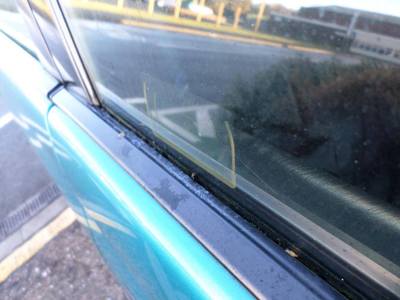
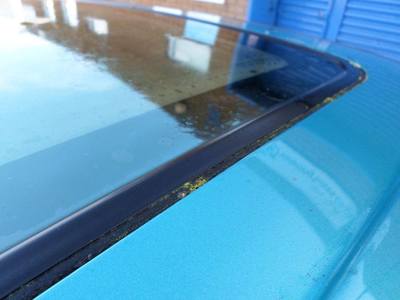
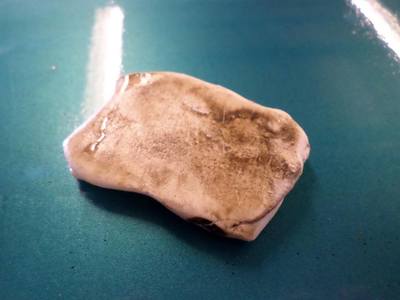
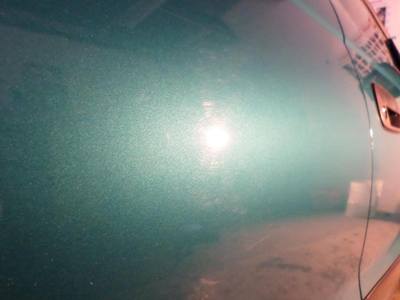
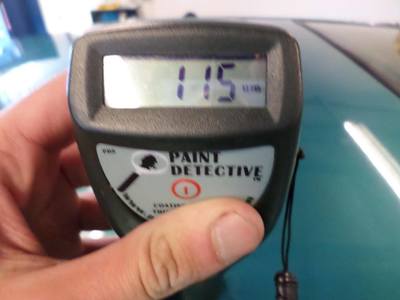
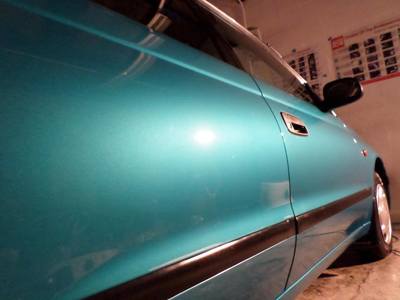
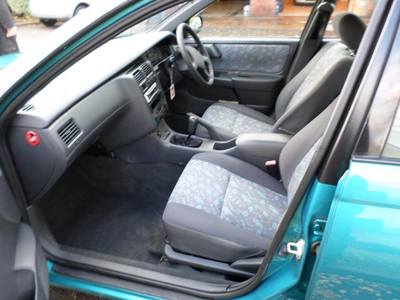
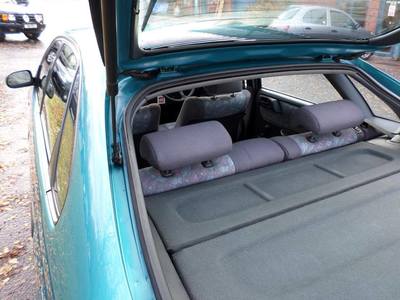
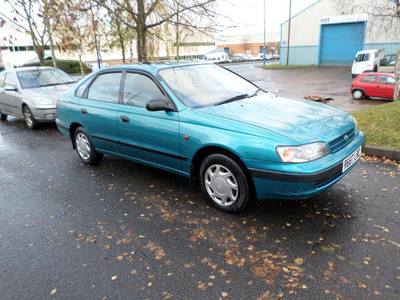
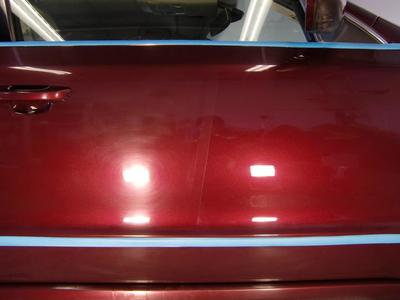
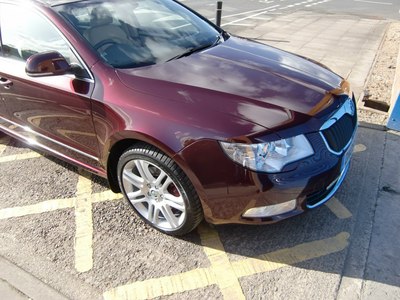
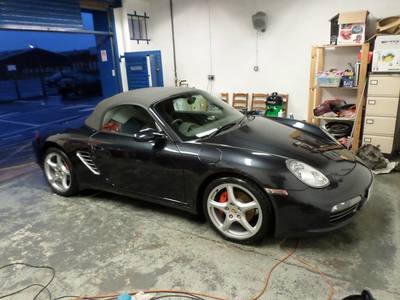
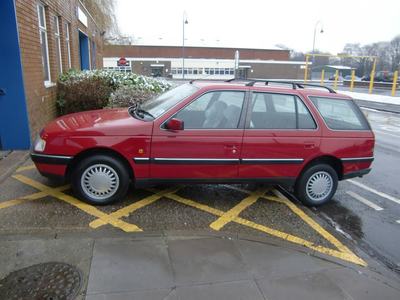
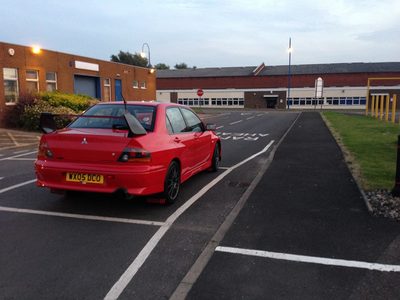
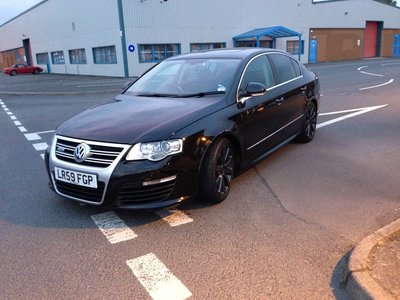

 RSS Feed
RSS Feed